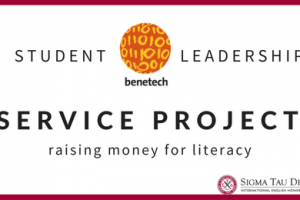 by Victoria Gore
by Victoria Gore
Southern Student Representative, 2013-2014
Southeastern Louisiana University, Hammond, LA
The American Library Association (ALA) Office for Intellectual Freedom serves to educate the general public about the importance of intellectual freedom and the right to knowledge and information. They are also responsible for initiating Banned Books Week, which the ALA describes as “the national book community’s annual celebration of the freedom to read. Hundreds of libraries and bookstores around the country draw attention to the problem of censorship by mounting displays of challenged books and hosting a variety of events.”

Reading lists of banned or challenged books is often shocking. “They banned that one?” “But I love that book!” “I read that in middle school!” You may expect modern books to be challenged more often, as many authors push societal boundaries through different aspects of their novels. But many of the books we consider to be classics were also banned throughout the years. Some of these titles include Slaughterhouse 5 by Kurt Vonnegut, Fahrenheit 451 by Ray Bradbury, The Great Gatsby by F. Scott Fitzgerald, Moby-Dick by Herman Melville, and even books like the Bible, the Koran, and the Talmud. Twelfth Night, The Merchant of Venice, and Macbeth have also been banned. Ironically, many authors now see getting their book banned as a sign of passage into the world of truly powerful writing, signifying that their work is so influential it rouses others to action, whether for or against it.
Books are often banned for containing sexual content, obscene language, adult situations, homosexuality, and religion. Books are also banned for defying social, racial, or moral norms. In some situations, the justification behind book banning is a little more arbitrary. Anne Frank: the Diary of a Young Girl was banned for “being a real downer.” Mark Twain’s Adventures of Huckleberry Finn and Adventures of Tom Sawyer initially were banned for being “too racially tolerant,” but continue to be banned for being racist.
This year, Banned Books Week is September 22-28. See which books have been banned or challenged within the last year. Some popular titles include Feed by M.T. Anderson, Ender’s Game by Orson Scott Card, The Perks of Being a Wallflower by Stephen Chbosky, and Looking for Alaska by John Green.
Find out what activities your local library has planned for Banned Books Week, and think about what you can do to help raise awareness about censorship and intellectual freedom next week and beyond. Consider participating in the Virtual Read-Out. Search the Noteworthy Activity Database to see what other chapters have done to commemorate Banned Books Week in the past, and organize your own activity today. Remember, “Knowledge is power.”




